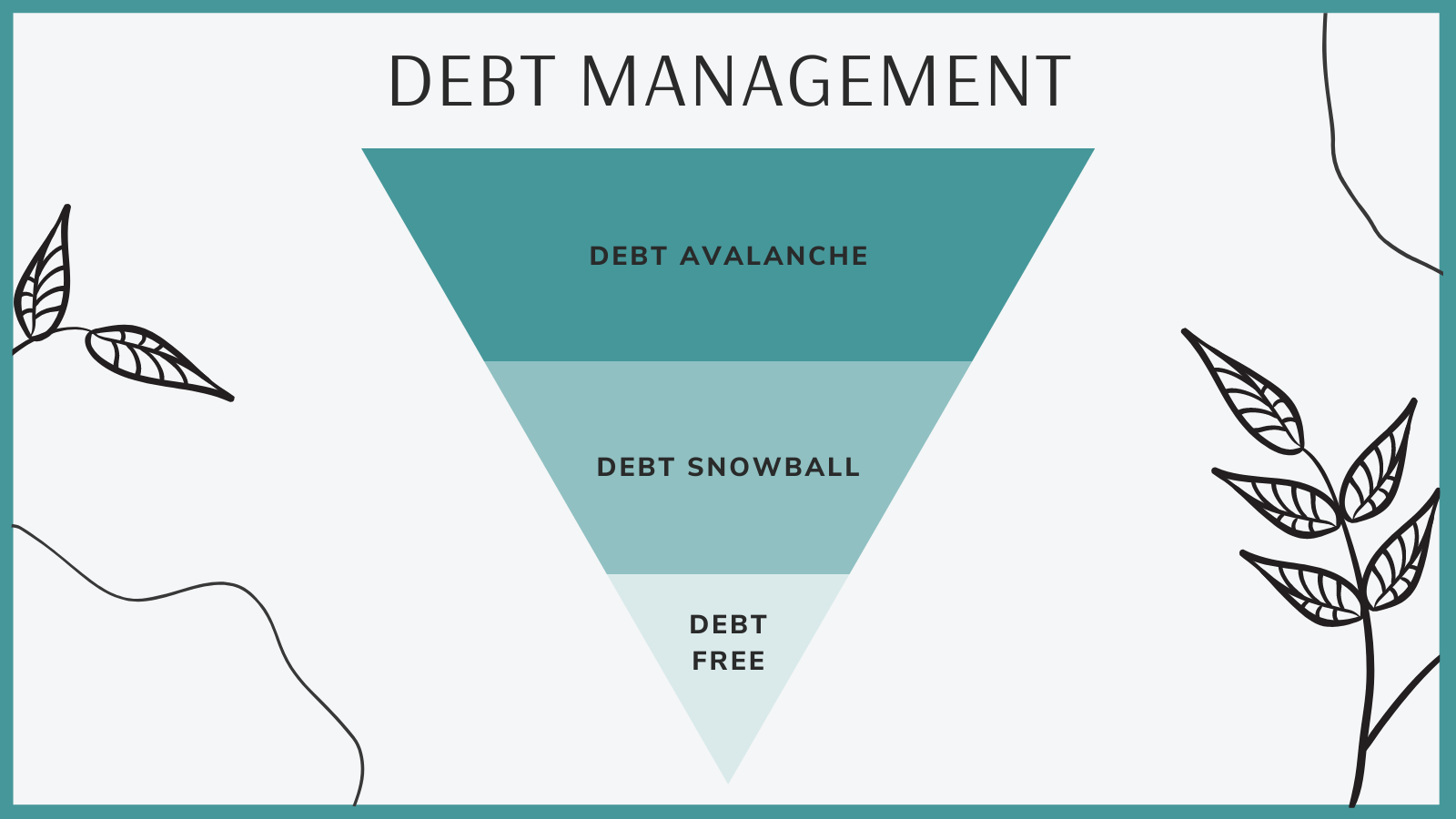Tax planning is a crucial aspect of personal and business finance that often goes overlooked or underestimated. It involves the strategic arrangement of your financial affairs to minimize tax liability while remaining compliant with the law. Effective tax planning not only helps you keep more of your hard-earned money but also enables you to make informed financial decisions that can lead to long-term prosperity. In this article, we will delve into the significance of tax planning, its key principles, and how it can benefit individuals and businesses alike.
Understanding Tax Planning
Tax planning is a proactive approach to managing your financial affairs in a way that legally reduces the amount of taxes you owe. This is achieved through various strategies and techniques designed to optimize your financial position, taking advantage of tax deductions, credits, and incentives provided by the tax code.
There are two primary objectives of tax planning:
- Minimization of Tax Liability: The main goal of tax planning is to minimize the amount of taxes payable. By identifying and utilizing the available deductions and credits, taxpayers can significantly reduce their tax burden, leaving them with more disposable income.
- Financial Goal Alignment: Tax planning is not solely about reducing taxes; it should also align with your overall financial goals. Whether you are aiming to save for retirement, invest in real estate, or fund your child’s education, an effective tax plan can make these objectives more achievable.
Key Principles of Tax Planning
To ensure a successful tax planning strategy, individuals and businesses must consider the following key principles:
- Stay Informed About Tax Laws: Tax laws are subject to change over time, and it’s crucial to stay up-to-date with the latest developments. What might have been a viable strategy in the past could be obsolete now, and new opportunities may arise.
- Timing is Everything: The timing of financial transactions can significantly impact tax liabilities. For instance, deferring income or accelerating expenses into a different tax year can alter the amount of taxes owed.
- Appropriate Business Structure: For business owners, choosing the right business structure (sole proprietorship, partnership, corporation, etc.) can have substantial tax implications. Each structure has its own tax advantages and disadvantages, and selecting the appropriate one can save money and limit personal liability.
- Maximize Deductions and Credits: Identifying and maximizing eligible deductions and credits is vital in tax planning. These may include expenses related to education, healthcare, home ownership, charitable contributions, and more.
- Consider Retirement Accounts: Contributing to retirement accounts like 401(k)s or IRAs can provide tax benefits while simultaneously preparing for the future.
- Invest Wisely: Different types of investments (stocks, bonds, real estate) have varying tax implications. Understanding these nuances can help you make tax-efficient investment decisions.
Benefits of Tax Planning
Implementing a well-thought-out tax planning strategy can yield numerous advantages, including:
- Increased Savings: By minimizing tax liabilities, individuals and businesses can retain more of their earnings, allowing them to allocate funds to other financial goals, investments, or savings.
- Better Financial Decision-Making: Tax planning encourages individuals to take a comprehensive view of their financial situation. As a result, they are better equipped to make informed decisions about spending, saving, and investing.
- Reduced Stress and Compliance Risk: Proper tax planning ensures that you comply with tax laws and regulations, reducing the risk of audits, penalties, and unwanted tax-related stress.
- Enhanced Investment Returns: Tax-efficient investment strategies can improve overall investment returns, as you have more money working for you over time.
- Estate Planning Advantages: Effective tax planning can also involve estate planning to minimize estate taxes and ensure a smooth transfer of wealth to beneficiaries.
Conclusion
Tax planning is an essential component of overall financial management, enabling individuals and businesses to optimize their tax situations while aligning with their financial objectives. By staying informed about changing tax laws and employing strategic planning, taxpayers can unlock a range of benefits, from increased savings to more efficient investment returns. To make the most of tax planning, individuals should seek guidance from financial advisors or tax professionals who can tailor strategies to their unique circumstances and help pave the way to financial success. Remember, it’s not about evading taxes, but about managing them smartly and responsibly to secure a more prosperous future.



